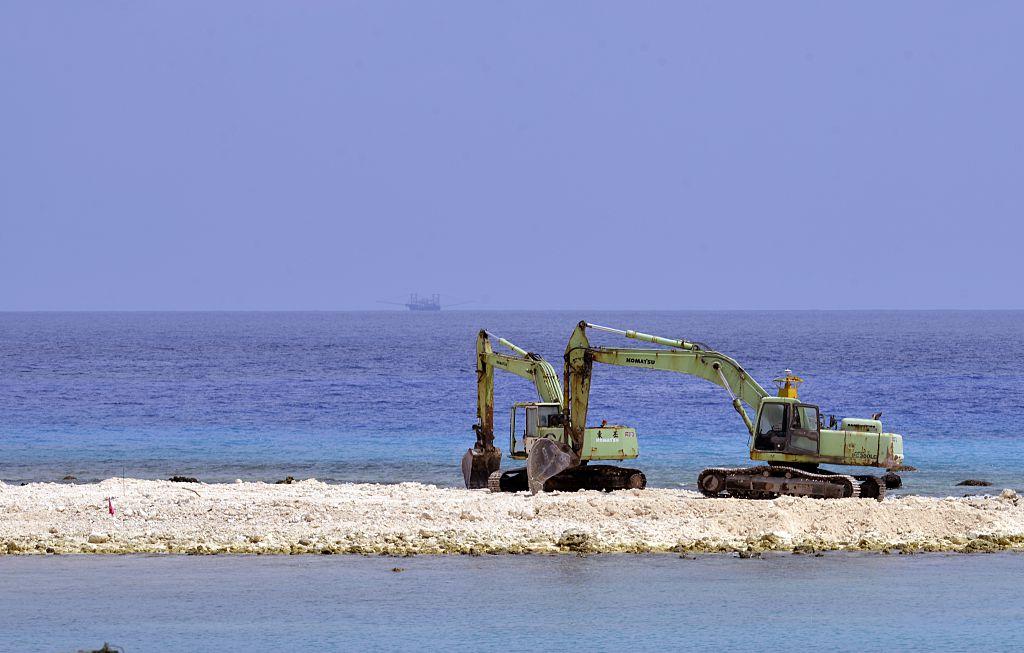TAIPEI, Taiwan—Taiwan’s foreign ministry welcomed a statement by U.S. Secretary of State Mike Pompeo rejecting China’s territorial claims in the South China Sea.
Joanne Ou, spokeswoman for Taiwan’s Ministry of Foreign Affairs, said on July 14 that she welcomed any related countries to issue statements that are in accordance with international laws, while reasserting Taiwan’s territorial claims in the disputed sea, according to Taiwan’s government-run Central News Agency.





